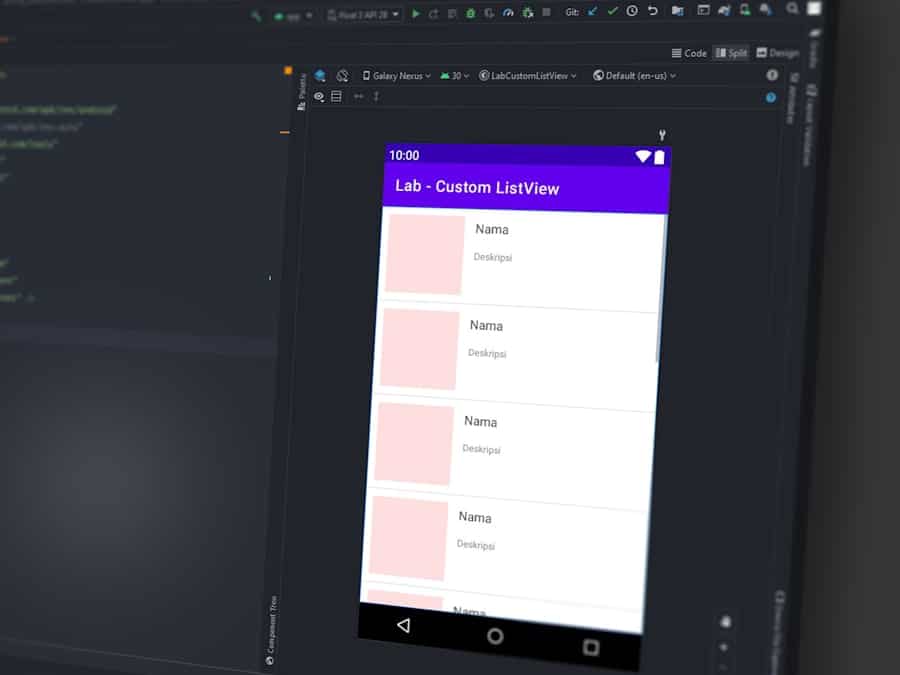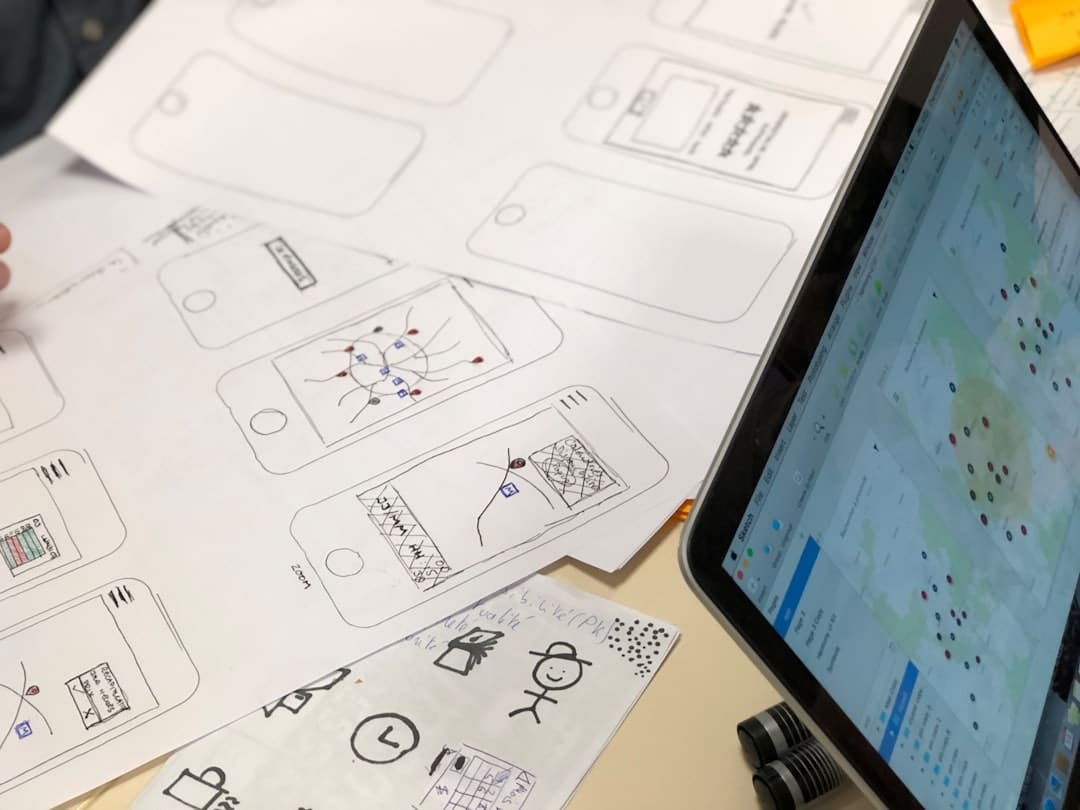Skill mapping platforms are sophisticated tools designed to help individuals and organizations identify, assess, and develop skills relevant to various career paths. These platforms utilize a combination of data analytics, artificial intelligence, and user input to create a comprehensive overview of an individual’s skill set. By mapping existing skills against industry requirements, these platforms provide insights into gaps that may exist and suggest pathways for development.
The underlying technology often includes algorithms that analyze job descriptions, industry trends, and user profiles to generate personalized skill assessments. The concept of skill mapping is not entirely new; however, the advent of digital platforms has revolutionized how this process is conducted. Traditional methods often relied on manual assessments or generic career advice, which could be limiting and not tailored to individual needs.
In contrast, modern skill mapping platforms offer dynamic, real-time insights that adapt as users progress in their careers. This adaptability is crucial in today’s fast-paced job market, where the demand for specific skills can shift rapidly due to technological advancements and changing economic conditions.
Key Takeaways
- Skill mapping platforms help individuals identify and assess their skills, strengths, and areas for development.
- These platforms aid in career planning by providing insights into potential career paths and the skills required for success in those roles.
- Using skill mapping platforms can help individuals understand their unique value proposition and stand out in the job market.
- Skill mapping platforms play a crucial role in identifying career paths by matching individuals’ skills with the requirements of different roles and industries.
- Integrating skill mapping platforms with professional development can help individuals set and achieve career advancement goals.
How Skill Mapping Platforms Aid in Career Planning
Skill mapping platforms play a pivotal role in career planning by providing users with a clear understanding of their current competencies and how these align with their career aspirations. By offering a visual representation of skills, users can easily identify areas where they excel and those that require further development. This clarity is essential for setting realistic career goals and creating actionable plans to achieve them.
For instance, a software developer might discover through a skill mapping platform that while they are proficient in Java, they lack experience in emerging technologies like machine learning or cloud computing, which are increasingly sought after in the tech industry. Moreover, these platforms often include features that allow users to explore various career trajectories based on their skill sets. By inputting their current skills and interests, users can receive tailored recommendations for potential career paths that align with their strengths.
This feature not only broadens the horizons for individuals who may feel stuck in their current roles but also empowers them to make informed decisions about further education or training. For example, a marketing professional might find that their skills in data analysis could lead them toward a more specialized role in digital marketing analytics, thus opening new avenues for career advancement.
The Benefits of Using Skill Mapping Platforms

The advantages of utilizing skill mapping platforms extend beyond mere skill assessment; they encompass a holistic approach to professional development. One significant benefit is the ability to create personalized learning paths.
This targeted approach ensures that individuals invest their time and resources in the most relevant areas, enhancing their learning efficiency and effectiveness. Additionally, skill mapping platforms foster a culture of continuous learning within organizations.
This proactive stance can lead to increased employee satisfaction and retention, as individuals feel supported in their professional growth. For instance, a company that integrates a skill mapping platform into its employee development program may see improved performance metrics as employees become more adept at their roles and take on new challenges with confidence.
The Role of Skill Mapping Platforms in Identifying Career Paths
Identifying suitable career paths is one of the most critical functions of skill mapping platforms. These tools analyze user data against a vast database of job roles and industry requirements, enabling them to suggest viable career options based on an individual’s unique skill set. This process often involves sophisticated algorithms that consider not only current skills but also potential for growth and market demand for specific roles.
For example, an individual with strong communication skills and a background in project management might be directed toward roles in product management or client relations. Furthermore, skill mapping platforms can highlight emerging career trends that users may not have previously considered. By analyzing labor market data and industry forecasts, these platforms can inform users about new roles that are gaining traction due to technological advancements or shifts in consumer behavior.
For instance, as remote work becomes more prevalent, roles focused on virtual team management or digital collaboration tools are likely to emerge as significant career opportunities. By staying ahead of these trends, users can position themselves strategically within the job market.
Integrating Skill Mapping Platforms with Professional Development
The integration of skill mapping platforms into professional development initiatives can significantly enhance the effectiveness of training programs. Organizations can leverage these tools to align employee development efforts with strategic business goals. By understanding the specific skills needed for various roles within the company, HR departments can tailor training programs that address both individual aspirations and organizational needs.
This alignment ensures that employees are not only developing skills that benefit them personally but also contributing to the overall success of the organization. Moreover, integrating skill mapping platforms with existing learning management systems (LMS) can create a seamless experience for users. Employees can track their progress through training modules while simultaneously receiving feedback on their skill development from the mapping platform.
This dual approach fosters accountability and encourages continuous improvement. For example, an employee pursuing a leadership role might use a skill mapping platform to identify necessary competencies such as strategic thinking or emotional intelligence while engaging in targeted leadership training programs offered through the LMS.
Leveraging Skill Mapping Platforms for Job Search

In the competitive landscape of job searching, skill mapping platforms serve as invaluable resources for candidates looking to stand out. These tools enable users to optimize their resumes and online profiles by aligning their skills with those sought by potential employers. By analyzing job descriptions and identifying key competencies required for specific roles, candidates can tailor their applications to highlight relevant experiences and skills effectively.
This targeted approach increases the likelihood of catching the attention of hiring managers who are inundated with applications. Additionally, many skill mapping platforms offer networking features that connect users with industry professionals or mentors who can provide guidance during the job search process. These connections can lead to valuable insights about industry trends or unadvertised job openings, giving users an edge over other candidates.
For instance, a recent graduate entering the finance sector might use a skill mapping platform to connect with seasoned professionals who can offer advice on navigating entry-level positions or internships.
The Future of Skill Mapping Platforms in Career Planning
As technology continues to evolve, the future of skill mapping platforms appears promising and dynamic. One anticipated trend is the increased use of artificial intelligence and machine learning algorithms to enhance personalization further. Future iterations of these platforms may offer even more sophisticated analyses of user data, providing deeper insights into individual learning styles and preferences.
This evolution could lead to hyper-personalized learning experiences that adapt in real-time as users acquire new skills or shift their career goals. Moreover, the integration of virtual reality (VR) and augmented reality (AR) technologies into skill mapping platforms could revolutionize how individuals engage with their professional development. Imagine a scenario where users can participate in immersive simulations that allow them to practice new skills in realistic environments before applying them in real-world situations.
Such advancements would not only make learning more engaging but also significantly improve retention rates and practical application of skills.
Tips for Maximizing the Use of Skill Mapping Platforms
To fully leverage the capabilities of skill mapping platforms, users should adopt a proactive approach toward their career development. First and foremost, it is essential to engage regularly with the platform’s features—this includes updating personal profiles with new skills acquired through courses or experiences and actively seeking out recommended resources for further development. Regular engagement ensures that users receive the most accurate insights tailored to their evolving career paths.
Additionally, users should take advantage of networking opportunities provided by these platforms. Connecting with peers or mentors can lead to valuable discussions about industry trends and best practices while also expanding professional networks. Participating in community forums or discussion groups within the platform can foster collaboration and knowledge sharing among users facing similar challenges or pursuing similar goals.
By approaching skill mapping platforms as dynamic tools for continuous growth rather than static resources, individuals can unlock their full potential and navigate their careers with confidence and clarity.
In the evolving landscape of career planning, skill mapping platforms have become indispensable tools for both individuals and organizations. These platforms help in identifying and bridging skill gaps, thereby aligning personal growth with market demands. A related article that complements this discussion is Best Software for Presentation in 2023. This article explores various presentation software that can enhance communication skills, a critical component often highlighted in skill mapping assessments. By leveraging such tools, individuals can effectively present their competencies and career aspirations, making them more attractive to potential employers.
FAQs
What is a skill mapping platform?
A skill mapping platform is a tool or software that helps individuals and organizations identify, assess, and map their skills and competencies. It provides a visual representation of an individual’s or team’s skills, allowing for better understanding and planning.
How does a skill mapping platform help in career planning?
Skill mapping platforms help in career planning by allowing individuals to identify their strengths and weaknesses, set career goals, and plan professional development activities. They also help organizations in identifying skill gaps and planning training and development programs for their employees.
What are the benefits of using a skill mapping platform for career planning?
Some of the benefits of using a skill mapping platform for career planning include better understanding of one’s skills and competencies, improved career goal setting, personalized professional development planning, and better alignment of skills with career opportunities.
How do skill mapping platforms work?
Skill mapping platforms typically use a combination of self-assessment tools, competency frameworks, and data visualization techniques to help individuals and organizations map and analyze their skills. They may also incorporate machine learning algorithms to provide personalized recommendations for career development.
Are skill mapping platforms only for individuals, or can organizations also benefit from them?
Both individuals and organizations can benefit from skill mapping platforms. Individuals can use these platforms to plan and manage their careers, while organizations can use them to identify skill gaps, plan training programs, and make informed decisions about talent management and succession planning.

